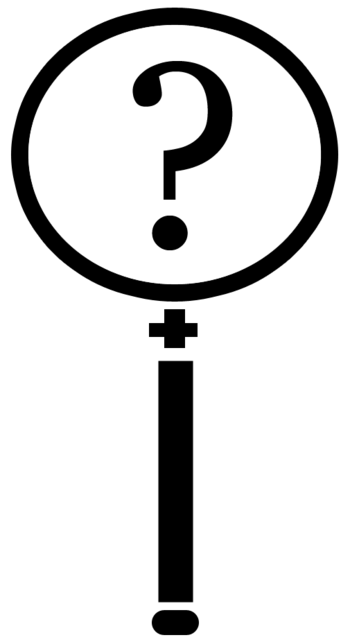Two Cameroonian journalists face military court charges of failure to report a destabilization plot.
Journalists Felix Cyriaque Ebole Bola of the daily Mutations and Rodrigue Tongue of Le Messager, were charged following a 28 October military court hearing in Yaoundé with “non-denunciation” of facts potentially endangering state security. Baba Wamé, a former journalist and professor was accused of the same charges.
“This charge prompts great concern for freedom of information in Cameroon,” said Cléa Kahn-Sriber, head of the Africa desk of Reporters Without Borders. “Journalists should not become assets for state security agents. On the contrary, they must maintain their independence from government if they want to continue working as journalists. To demand that they become informants for government agencies is to destroy the essential quality of journalism. We ask the military court to drop these charges against the two journalists.”
Colleagues of the two journalists appeared in court to support them. They were ejected from the courtroom but gathered in front of the court to show their anger at the proceedings.
The two indicted journalists remain free under judiciary supervision. They must report to the court once a week, may not leave Yaoundé, and are barred from commenting about the case.
The matter began when Ebole Bola and Tongue learned of an Central African rebel chief stationed on the border of Cameroon claiming to be in possession of national security information. The editorial staff of Mutations told Reporters Without Borders that Ebole Bola wrote to the national security delegate informing him of this news and requesting confirmation. In response, the police asked the journalist to share information and to provide any updates he might gather in the future.
Communications ceased at that point. Then, Mutations was ordered to court for not having responded to the police request. But the journalist had never received an official subpoena. Can he be charged with not sharing information, when he was never asked to do so?
Xavier Messe, editor of Mutations, told RWB that the case poses grave worries for the status of journalists and their ability to protect sources. He said: “Cameroon faces a grave security situation. Attacks take place every day on the border with the Central African Republic. People are kidnapped. There are also security problems in the north caused by Boko Haram. The government holds that in these circumstances, journalists must cooperate...We are committed to being responsible. We receive information every day, but we don’t publish it all because some items could disrupt public peace and order. We follow that policy because we are committed to journalistic responsibility, above all in wartime. But journalists cannot be asked to become intelligence agents. If I had wanted to be a police officer, I would have chosen that profession. To each his own. Our credibility and our journalistic conscience are at stake.”
Cameroon is ranked 131st of 180 countries in the 2014 Reporters Without Borders world press freedom index.
(photo: Felix Cyriaque Ebole Bola and Rodrigue Tongue)































 Print
Print Send
Send